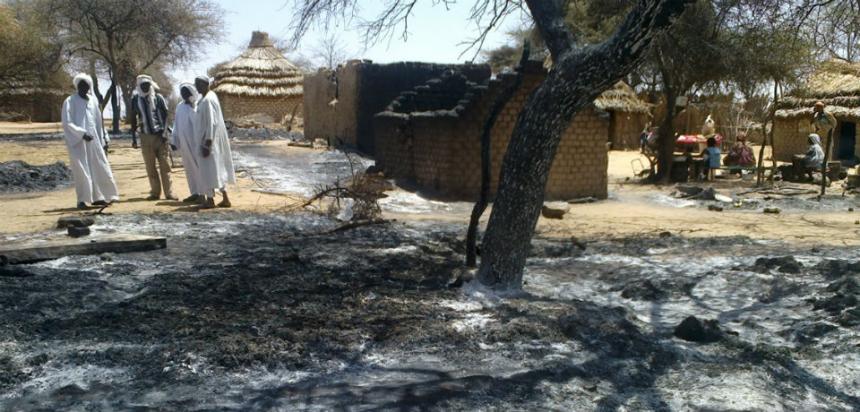
Editor's Note: This op-ed authored by John Prendergast originally appeared on Foreign Policy.
A little over three years ago, in advance of the referendum for South Sudan's independence, the great fear of the Sudanese and the broader international community was that the war between the north and south — a war that was perhaps the second-deadliest globally since World War II — might reignite. That crisis was averted because of immense international pressure, which resulted in a peaceful referendum and the birth of the world's newest country, demonstrating the power of preventive diplomacy when the international community is united, proactive, and engaged.
Today, however, the biggest threats to the people of Sudan and South Sudan are the raging civil wars within their own countries, where mass atrocities are mounting. Although the headlines for the last two months have been dominated by conflagration in South Sudan, conditions in Sudan's Darfur region have deteriorated, and the government's bombing campaigns have intensified in the Nuba Mountains and Blue Nile. The potential for a complete interruption in oil production threatens economies in both countries with implosion and bankruptcy. And with the rainy season fast approaching, humanitarian crises are spiraling out of control in both countries.
The United States, despite its long history leading international responses to the region, is largely reacting to fast-developing events on the ground. Its primary step, so far, has been to deploy its very capable special envoy, Ambassador Donald Booth, to the region, make occasional official statements, and provide generous amounts of humanitarian aid, which the Khartoum government is increasingly obstructing. Given the escalating crisis faced by the two countries and the threat posed by a regionalization of the wars, there needs to be a much more robust and proactive approach. A broader peace strategy for the two Sudans would, at a minimum, beef up efforts in support of accountability for war crimes and transformative political reform. Most urgently, though, this critical moment calls for a diplomatic surge.
When the pre-referendum crisis was unfolding in the latter half of 2010, the United States dramatically upgraded its diplomatic strategy. Deep engagement by President Barack Obama, Susan Rice, and Hillary Clinton was aided by the deployment of as many as three envoys: Gen. Scott Gration, Ambassador Princeton Lyman, and then-Sen. John Kerry. And the diplomatic work paid off: An alliance was forged with China and other countries to pressure Khartoum into allowing the referendum to occur on-time and peacefully, averting a return to deadly conflict.
Today, the implosions in Sudan and South Sudan demand a similar diplomatic surge. One special envoy falls short of the current diplomatic requirements. The wars in each country are so complex that they require their own envoys, and the interplay between the two conflicts and the broader region demands a deeper political team upon which the two envoys can rely.

